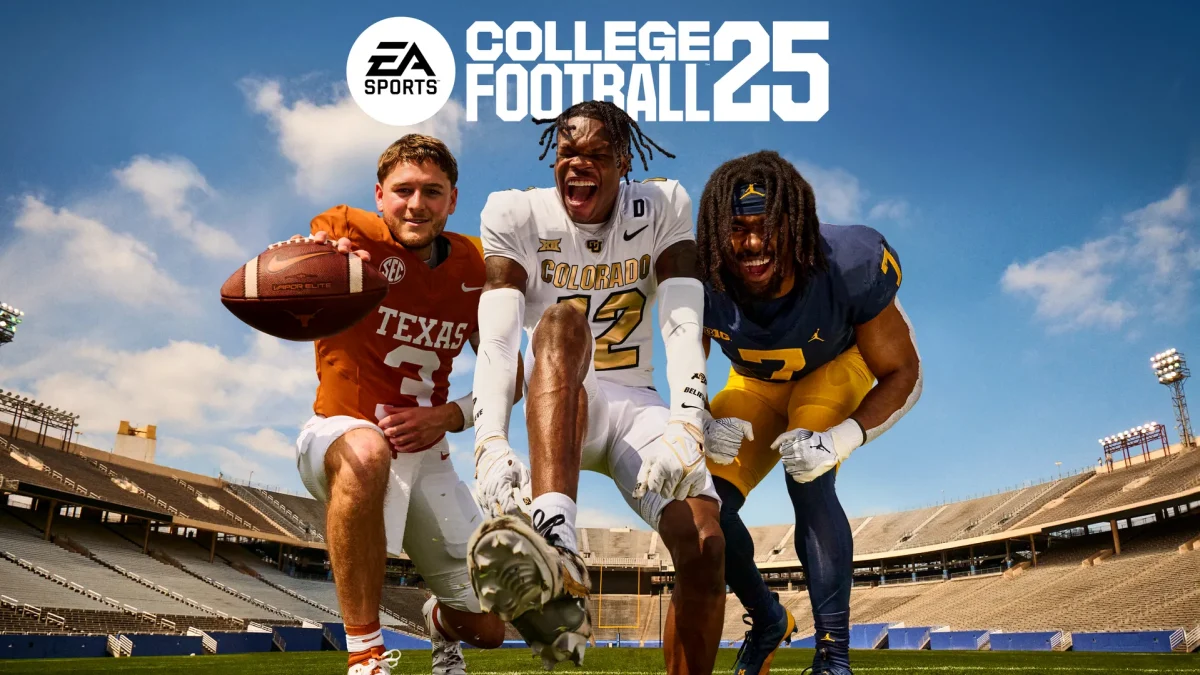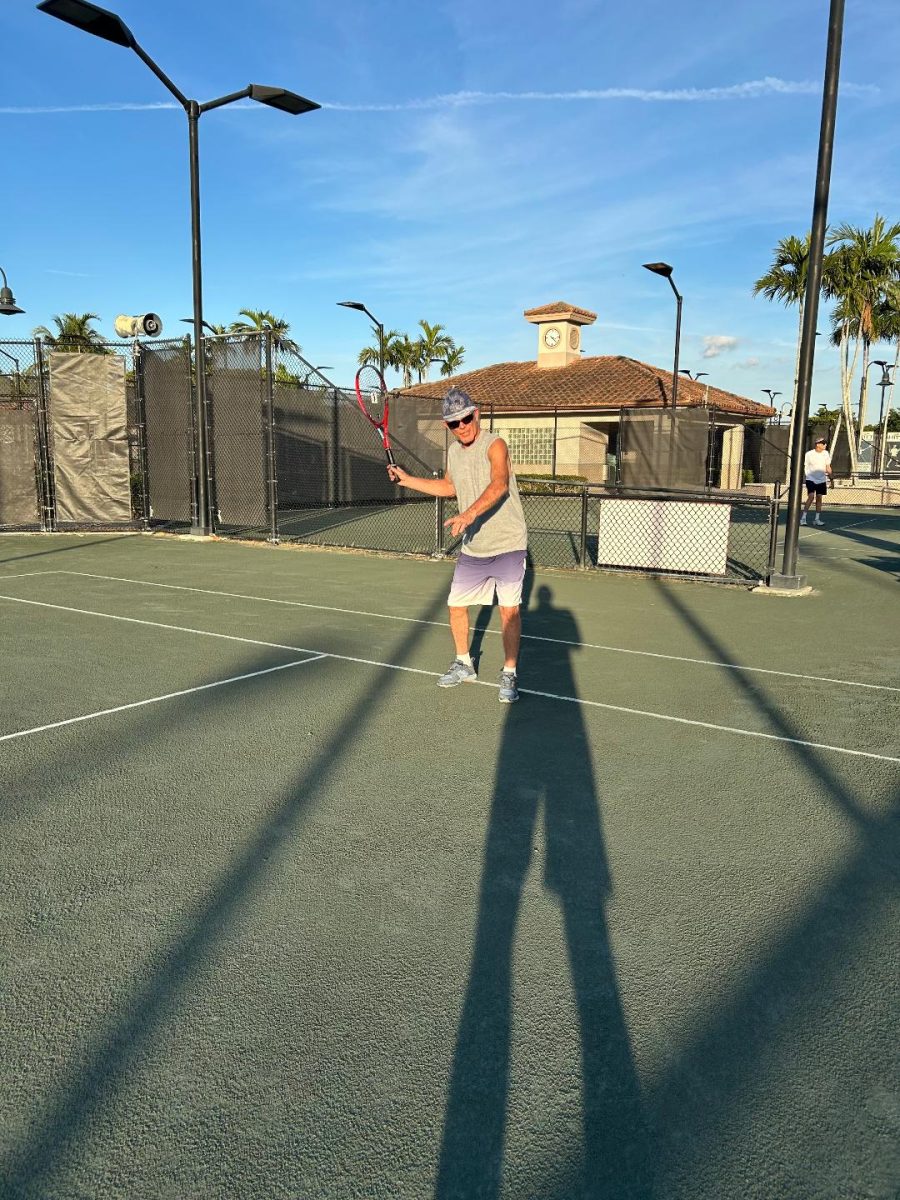Random bag and body checks: are they necessary?
Security guard Stephane Lindor confirmed that in November 2021 alone, the amount of bag and body searches has become more consistent due to the increase of suspicious activity – but are these searches reasonable?
An unreasonable search is unconstitutional and a violation of students’ Fourth Amendment rights. This Amendment protects citizens from unreasonable searches and seizures, which applies to students of the public school system. As stated in the 1969 Tinker v. Des Moines case, students do not “shed their constitutional rights to freedom of speech or expression at the schoolhouse gate.”
The 1985 New Jersey v. T.L.O. case revealed that public school administrators are subject to prohibiting unreasonable searches and seizures in the schoolhouse. According to Constitution Daily; however, the case ruled that “public school administrators can search a student’s belongings if they have a reasonable suspicion of criminal activity.”
Students that aren’t involved in criminal activity, including myself, expect privacy for our belongings and to have our personal space respected.
“If we have a reasonable suspicion or something is brought to our attention we go ahead and search accordingly,” Principal Dr. Adam Kosnitzky said.
Students are protected by certain aspects of the Fourth Amendment. This means that school officials do not need probable cause to search someone, but their actions are constrained by the reasonable requirements of said amendment.
In other words, schools do not need objective circumstances or evidence to search someone, but need to have a reasonable suspicion for the search. According to the Juvenile Defense Network, for a search to be considered reasonable and lawful, it must be justified at its inception and reasonable in scope.
A search is justified in inception “when there are reasonable grounds for suspecting that the search will turn up evidence that the student has violated or is violating either the law or rules of the school,” as stated in T.L.O. 469 U.S. In the 1990 Commonwealth vs. Carey case the Supreme Judicial Court wrote that “[r]easonable suspicion of wrongdoing is a ‘common-sense conclusio[n] about human behavior’ upon which ‘practical people’—including government officials—are entitled to rely.”
According to the National School Safety Center at Pepperdine University, a search being reasonable in scope has flexible guidelines, but the search must hinge on some form of evidence. It is dependant on “the age and sex of the student and the nature of the infraction,” along with several extra similar conditions.
Things the school should consider when deciding to search someone who is not causing an immediate threat to the school is the student’s past school record, the amount of evidence discovered, the level of suspicion and the urgency of the search. The school has displayed little to none of these qualities when checking the backpacks of whole classrooms at a time.
Kosnitzky said that district officials show up at random and tell the school to conduct these searches, in light of drug findings and the devastating Parkland shooting. Most of the time, Kosnitzky himself is not aware of when they are going to show up, and the classrooms are selected at random, rather than singling out certain students.
Can the district do this? And should they be doing it?
“Under the guidelines, when you’re in a school environment, the promotion of a safe learning environment will supersede certain rights of students,” Kosnitzky said.
The district officials believe this is a way to keep a safe school environment by eliminating the possibility of any weapons being brought on campus, but do students really feel safe when their personal belongings could be invaded at any moment?
“The school takes it too far,” senior Valentina Castillo said. “It seems like they do it just to catch people; they don’t even give you the benefit of the doubt. They want to prove something and will do anything to come out right, and more often than not, they are wrong and students are invaded for no reason.”
Students obey these searches because most of us are not educated on our rights and are scared of what authority could do to us if we don’t comply. Students in general already have less privacy than any other group of people because we are under strict school regulations and watch every day, according to the Juvenile Defense Network.
Although students of the public school system are not protected by the probable cause aspect of the Fourth Amendment, we are still protected by the need for reason of suspicion.
Lindor and our school resource officer said that they only ever conduct a body search or bag check when ‘suspicious activity’ is detected. According to Lindor, suspicious activity could be defined as walking throughout the hallway several times in a class period, walking around with your bag on, or walking around with people that have been caught with drugs several times before, in addition to the obvious smell of marijuana or spotting a vape in hand.
Sophomore Liat Spiegel was in the restroom during lunch when security came in and said they were going to search everyone for drugs because they suspected someone had something.
“I saw girls smoking in the bathroom, it was clearly three girls that had drugs on them,” Spiegel said. “Security didn’t search them because they knew they had it, but they searched the rest of us, and for what, I don’t know. I felt it was an invasion of my privacy.”
Lindor reveals that it is just proper protocol to check everyone in the area of the incident occurring at the time.
Administration continues to search students when they feel one could pose a threat to the learning environment, and as long as it is for a sensible reason, they have the complete right to. What to do about the district-mandated random class searches though, remains a mystery. It is apparent that there is no one in particular to blame for these incidents, as this is the way the school system works for Miami-Dade. As students, we seemingly have to comply.





























